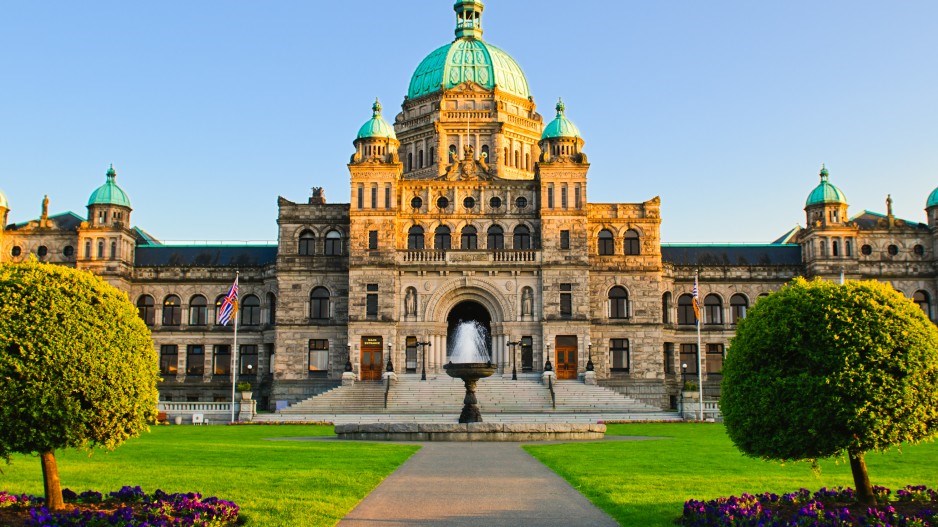During a budget debate in the B.C. legislature, Coralee Oakes, minister of small business and red tape reduction, highlighted the BC Liberals’ plan for small businesses.
Oakes pointed to programs and information campaigns launched by the government to provide B.C.’s small businesses with information about gaining better access to international markets.
The party has also focused on financial education in schools and created a program to help entrepreneurs manage various municipal, provincial and federal permits.
Oakes noted the BC Liberals have also presented a plan to phase out the provincial sales tax on electricity by 2019. The Liberal budget also increases the venture capital tax credit with the goal of fostering investment in the province’s small businesses.
During her speech, Oakes touted the more than 26,000 regulations the Liberal government eliminated since 2014 as an example of how the party has helped small businesses.
BC NDP
George Heyman, NDP MLA representing Vancouver-Fairview, underlined the connection between social services and the success of small businesses when discussing what the party is considering.
“Small businesses that deal directly with the public need to know that the public has some disposable income, and this is one of the reasons we want to control rising costs,” Heyman said.
He said the BC NDP wants to cut costs for businesses, and cited the party’s longtime opposition to the Medical Services Plan premium.
The NDP is also considering a buy-B.C. program to take advantage of the government’s spending power and help boost sales for the province’s small businesses.
Heyman wants to see a small-business procurement process that helps local small businesses compete for government work. He referred to the current government’s decision to build ferries in Europe instead of B.C. as evidence of the need for such a program.
He also highlighted concerns about public transportation and housing affordability – issues that ultimately affect the ability of businesses to hire skilled employees.
The NDP has committed to raising the provincial share of public transportation funding to 40% from 33%.
Heyman says that it’s important for governments to provide investment to small and northern B.C. towns that will encourage young people to stay in their communities.
Part of this investment includes expanding broadband Internet access to areas that lack it, to help small businesses connect to the rest of the world.
BC Green Party
The BC Green Party says the current government is not adapting to the changing business environment.
“My biggest criticism with this government and its industrial policy is that it is more focused on maintaining the status quo than preparing for the 21st century,” said Liz Lilly, platform director for the BC Green Party.
Lilly highlighted the need for further reforms to the education system with the goal of helping to prepare students for the modern workforce, where transferable skills are necessary. She also stressed the importance of matching training and education to the skills required by small business in the province.
Lilly said that while the provincial government is heading in this direction, there is still a long way to go.
She added that the Greens also believe the tax code needs to be simplified. The party wanted this achieved with the harmonized sales tax, had it been implemented.
The party is also interested in exploring other ways to simplify the tax code including a value-added tax and co-ordination with the federal government to remove boutique tax credits.
Lilly said transit and transportation, which was voted the No. 1 election concern by members of the Greater Vancouver Board of Trade, is a priority for the party, which is exploring support for public transport for its benefits to both the environment and small businesses.




